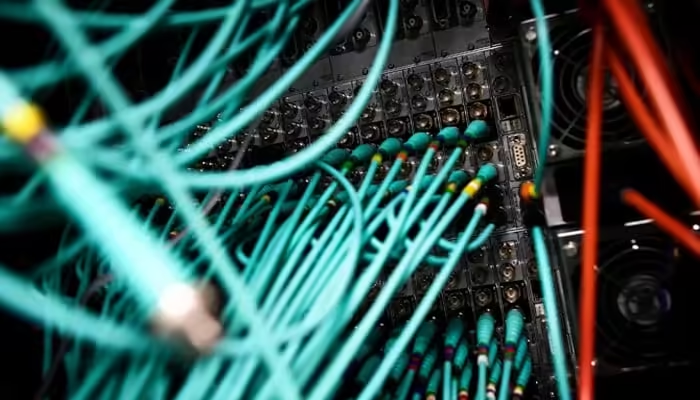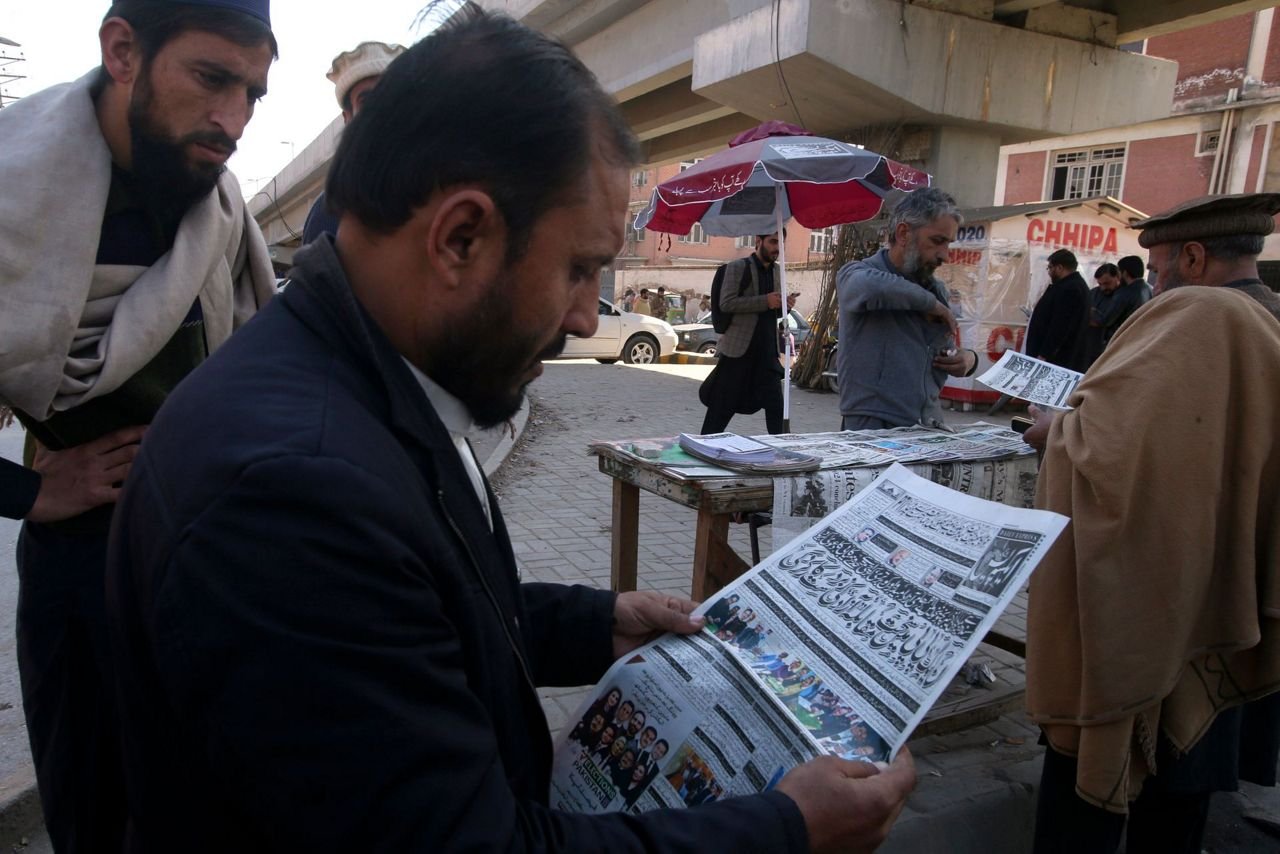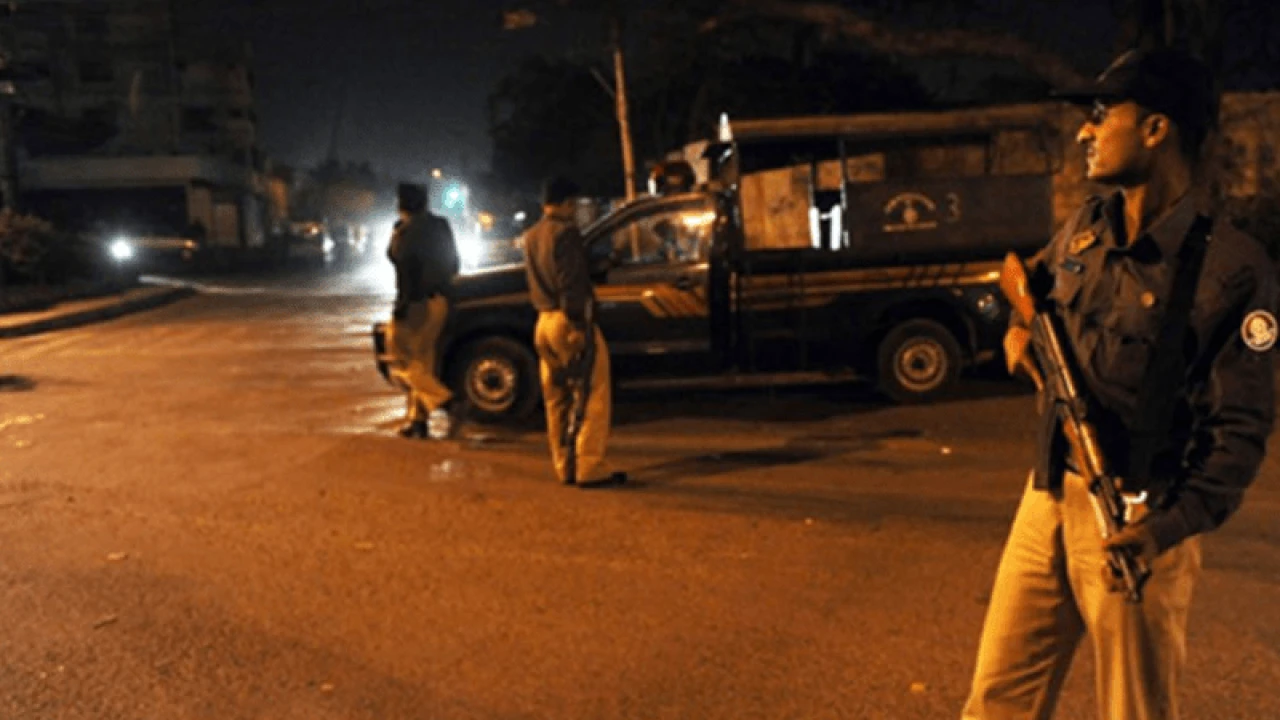On Thursday, a petition was submitted to the Lahore High Court (LHC) challenging the ongoing nationwide internet shutdown and demanding the immediate restoration of internet access. This legal action follows widespread disruptions that have left millions of Pakistanis struggling with limited connectivity, particularly when using mobile data in certain regions.
The internet shutdown has sparked significant concern among citizens and businesses alike. The lack of clear communication from the government about the reasons for the disruption has compounded frustrations. Users of popular messaging applications like WhatsApp have reported severe delays and failures in uploading and downloading content, exacerbating the problem.
The petition, filed by Nadeem Sarwar, highlights the severe impacts of the internet shutdown on both individual rights and the national economy. According to the plea, the disruption has adversely affected various sectors, including e-commerce and ride-hailing services, leading to substantial financial losses. The petition argues that the internet shutdown not only infringes on fundamental rights but also imposes economic burdens on businesses dependent on online connectivity.
The petition claims that the internet and social media applications were abruptly shut down without prior notice or justification from the authorities. Sarwar is calling for the federal government to revoke its decision and fully restore internet services across the country. The LHC registrar’s office has scheduled a hearing for the plea, with Justice Shakil Ahmad set to oversee the proceedings. The federal government, Pakistan Telecommunication Authority (PTA), and other relevant entities have been named as parties in the case.
In response to the petition and the ongoing disruptions, Minister of State for Information Technology and Telecommunication Shaza Fatima Khawaja has defended the government’s actions. She described the internet firewall being tested as a necessary cybersecurity measure. “An issue is created in the media and masses out of nothing,” she remarked, addressing concerns about the firewall’s impact. Khawaja emphasized that the firewall is part of an upgrade to the country’s cybersecurity infrastructure, aimed at better handling evolving threats.
Khawaja also noted that the government is not opposed to internet access but is working towards enhancing connectivity, including upgrades to 5G technology. She revealed that data related to internet traffic over the past two weeks has been requested from internet service providers and the PTA, which will help assess the situation more accurately.
Meanwhile, the Wireless and Internet Service Providers Association of Pakistan (WISPAP) has expressed grave concerns about the effects of the internet slowdown. According to the association, internet speeds have dropped by 30% to 40%, severely impacting both individuals and businesses reliant on stable internet connectivity. The chairman of WISPAP warned that the slowdown threatens the survival of online and electronic businesses, which are crucial to the country’s digital economy.
The association argues that increased security measures and surveillance are the primary causes of the slowdown, and the economic repercussions could be severe if the situation persists. The impact on businesses that rely heavily on internet services underscores the urgent need for a resolution to the ongoing disruptions.
The petition and the ensuing court case highlight the growing tensions between the need for national security measures and the imperative to maintain reliable internet access. As the LHC prepares to address the plea, the situation remains fluid, with both the government and affected parties closely monitoring developments.
The outcome of the court case could set a significant precedent for how similar issues are handled in the future, balancing security concerns with the fundamental rights and economic needs of the population.



